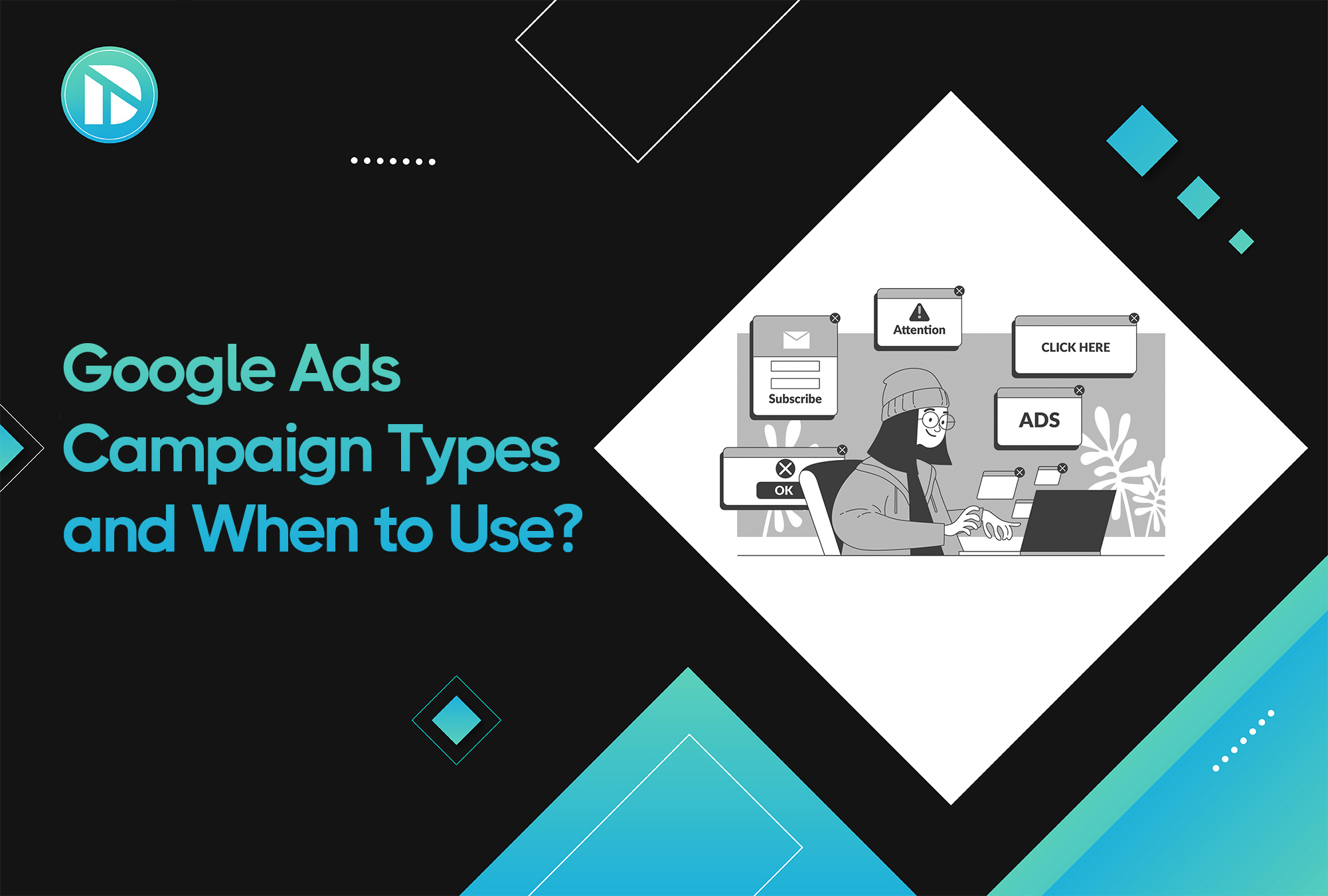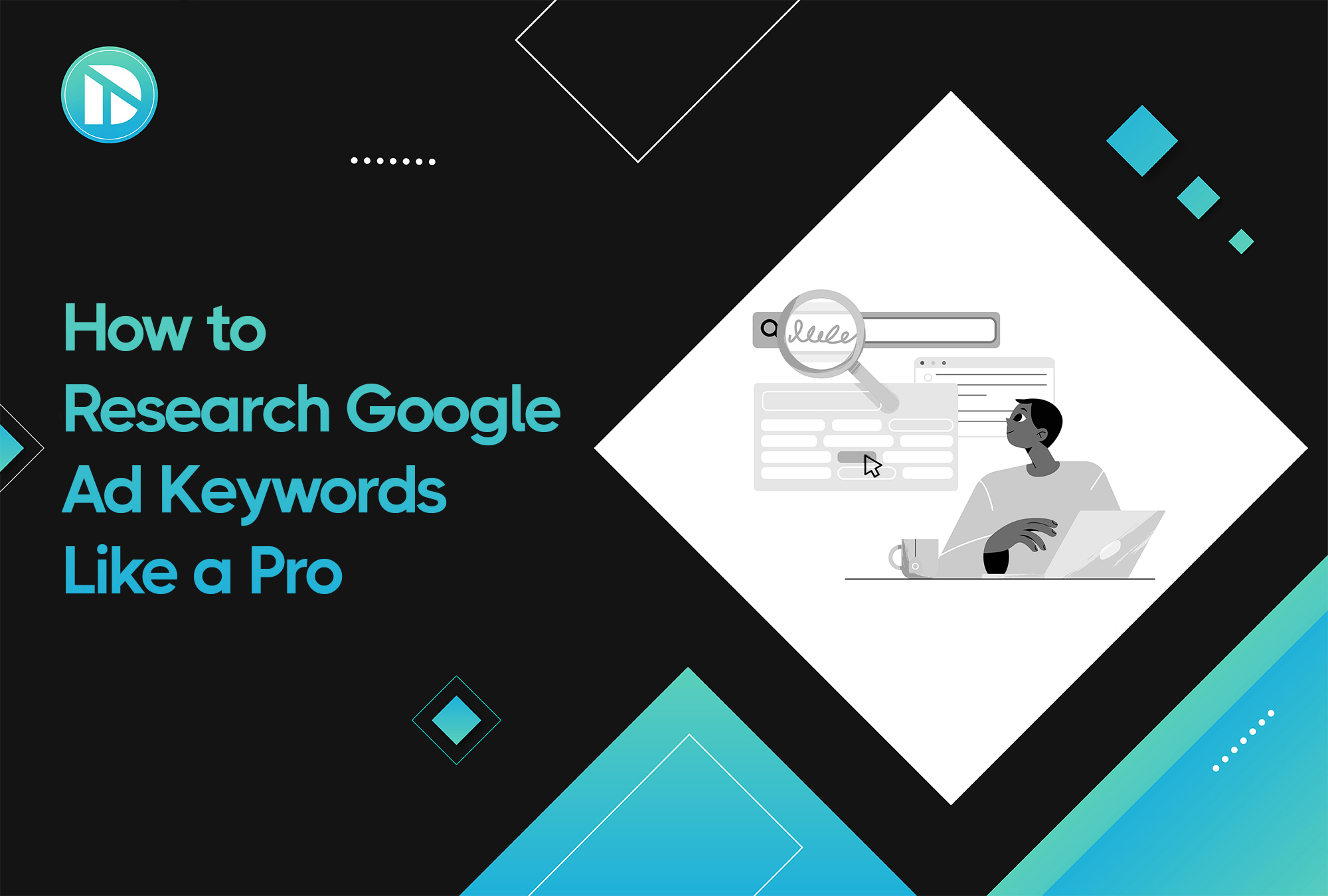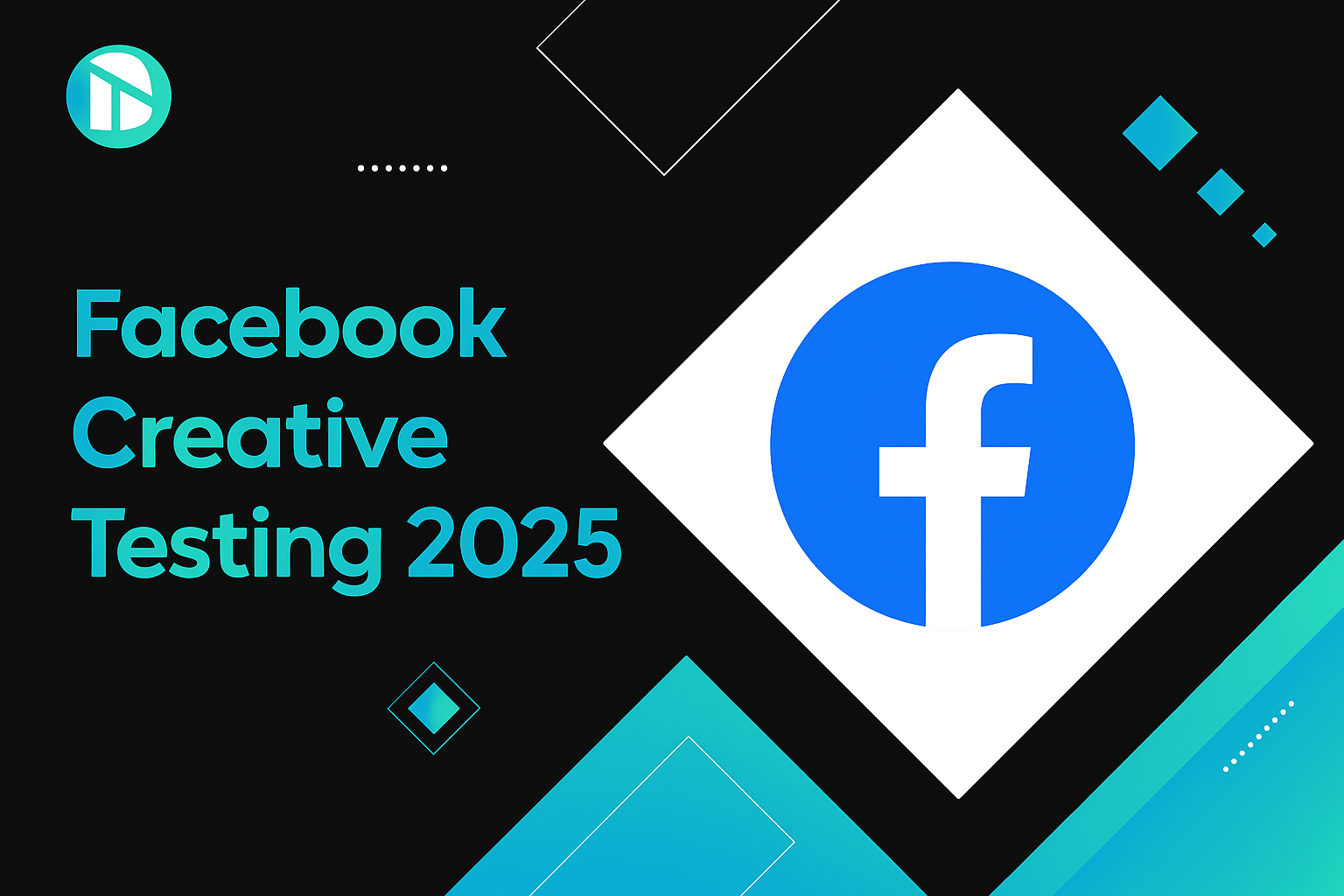Artificial intelligence (AI) now feels like stepping into a sci-fi novel, where the plot keeps unfolding in unexpected ways.
Just a few years ago, the idea of AI creating realistic art, composing music, or holding human-like conversations seemed too far-fetched.
Fast-forward to today, and generative AI is doing all that (and more). It’s reshaping industries, increasing creativity, and changing how we work and live – and 2025 seems to be bringing more groundbreaking changes.
The possibilities are endless, from custom shopping experiences to major scientific breakthroughs. Let’s explore the trends that will shape the future of AI in 2025.
1. Hyper-Personalization Using AI In 2025
Generative AI is taking personalization to a whole new level. Whether it’s shopping, learning, or entertainment, AI tools are becoming experts at understanding individual preferences.
Tools like Algolia and Dynamic Yield are changing how we shop online. Algolia makes it easier to find what we need by improving search results on websites, while Dynamic Yield analyzes our browsing habits to customize the layout of websites and the products they show us. This means that the more we shop, the better these tools become at showing us things we might like.
In education, platforms like Knewton and Coursera are using AI to personalize learning. Knewton adapts lessons based on a student's performance, making sure the material isn't too easy or too hard. Coursera suggests new courses by analyzing what a student has enjoyed and done well in before, helping them find more courses they might like.
Looking ahead to 2025, we expect AI to combine with technologies like augmented reality (AR) and virtual reality (VR) to make shopping and learning even more engaging. This means businesses can offer more personalized and enjoyable experiences, helping them build stronger relationships with their customers.
2. Conversational AI: What Does the Future Hold?
Gone are the days when you’d have to hire a customer support agent to handle customer queries.
With advancements in Natural Language Processing (NLP), tools like ChatGPT, Google Bard, and Microsoft Copilot can now handle complex queries. They can understand subtle language differences and provide detailed responses almost identical to human agents.
The best part about using AI agents is that they're available all the time, 24/7. This means whenever a customer sends a message, they can receive an instant response. This constant availability helps improve your customer retention by providing immediate assistance any time it's needed
In 2025, the use of conversational will become more common, enhancing customer service and reducing operational costs for businesses as the use of chatbots is often more cost-effective than hiring human agents.

3. AI for Creative Industries
The creative industry is rapidly changing thanks to generative AI, which is making tasks like fashion design and marketing faster and more innovative. Tools like Adobe Firefly and Runway Gen-2 help professionals quickly create high-quality images, videos, and animations with just a little input.
For example, filmmakers can now bring scenes to life just by describing them, and graphic designers can make complex patterns quickly. This makes powerful creative tools accessible to everyone, helping small businesses and individual creators produce work that can compete with larger companies.
Looking ahead to 2025, the role of AI in the creative industry is set to grow even more. We can expect these tools to become smarter and easier to use, which will help creators at all levels bring their ideas to life faster and with better results. This means more creative opportunities and a richer variety of work from creators everywhere.
4. Advancements in Multi-Modal AI
In 2025, Multi-Modal AI is becoming better at processing and combining different data types, like text, images, and videos, to make systems smarter and more context-aware.
Healthcare is benefiting from AI that combines medical images, patient histories, and real-time data to improve diagnoses and predict patient conditions, speeding up critical care responses.
In retail, AI integrates online and in-store customer data, offering features like virtual try-ons and tailored shopping suggestions for a more seamless experience. Below is a great example from IKEA. The brand recently launched an augmented reality (AR) app that employs multi-modal AI to let people experience how a certain piece of furniture would look like in their space. This boosts customer confidence and encourages more purchases.
As AI evolves, concerns about data privacy and security grow, with the industry pushing for clearer standards to ensure transparency and ethical use.
Overall, multi-modal AI is making systems smarter and more capable of handling complex, real-world tasks.
Related: Top Digital Marketing Trends to Watch Out for [2025]
.jpeg)
5. AI in Cybersecurity in 2025
As cyber threats become increasingly advanced, generative AI is coming out as an important tool in both defending against and facilitating cyberattacks. On the defensive side, AI-powered systems are capable of analyzing data in real time to detect vulnerabilities and proactively respond to potential breaches.
These AI systems can go through complex datasets, identifying patterns and irregularities that may indicate an upcoming attack, often before human analysts can spot them.
For instance, tools like Darktrace leverage generative AI to simulate potential attack scenarios, helping organizations strengthen their defenses.
However, the same technology also enables attackers to craft highly convincing phishing emails or bypass traditional security measures.
This dual-purpose nature highlights the need for strong rules and ethical guidelines when using generative AI in cybersecurity.
6. Generative AI in Healthcare [2025]
The healthcare industry is using generative AI to deliver more personalized and effective treatments.
By analyzing patient data, medical histories, and even genomic information, AI can create tailored treatment plans that significantly improve outcomes.
Tools like IBM Watson Health are already assisting doctors in diagnosing complex conditions, while AI-driven drug discovery platforms are accelerating the development of life-saving medications.
In 2025, developments in generative AI for healthcare will further enhance its ability to simulate patient responses to various treatment protocols virtually, allowing for the optimization of treatment plans even before administration. AI has already advanced in predictive analytics, enabling the early detection of potential health issues based on subtle patterns in the data that were previously undetectable, thus allowing for preemptive medical interventions.

7. AI Ethics and Regulation
As generative AI becomes more integrated into our daily lives, the need for strong ethical guidelines and regulations is important.
Governments and organizations are now grappling with questions about data privacy, algorithmic bias, and accountability.
For example, the European Union’s AI Act focuses on transparency and human oversight, while the U.S. takes a more innovation-driven approach.
Businesses must stay informed about these regulatory shifts to ensure compliance and build trust with their customers.
Adopting ethical AI practices is not only a legal obligation but also a competitive advantage in an era of high consumer values for transparency and fairness.
Preparing for the Future of Generative AI
As generative AI keeps advancing, it's important for businesses and individuals to stay updated and use these technologies to improve their operations. Embracing AI now will help unlock new opportunities and ensure growth in a digital future. Preparing for AI's impact is key to staying competitive and successful.
Follow our blogs for more tips!
.png)









